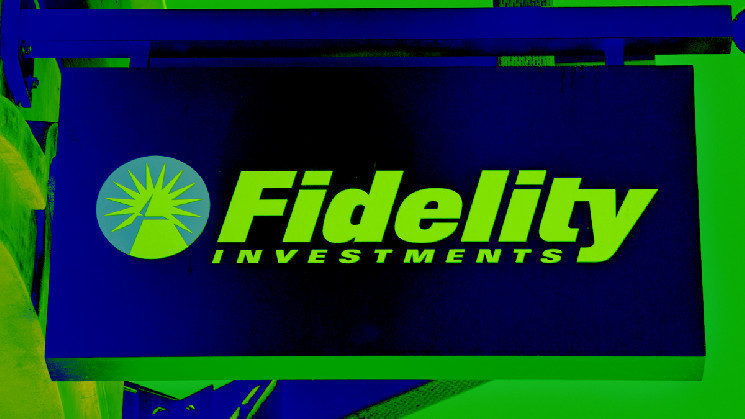EY, one of the ‘big four’ global accounting firms, has unveiled Fidelity Digital Assets as the first enterprise client to leverage its web-based, on-chain analytics tool available through EY Blockchain’s SaaS platform.
The fourth-generation tool, known as “EY Blockchain Analyzer: Reconciler,” is designed to help organizations independently collect and query data from the chain to improve their internal risk management procedures, a statement said.
“As the global digital asset market continues to grow rapidly, addressing operational excellence and robust internal risk management is critical for cryptocurrency platforms to gain a competitive advantage and build confidence among investors and regulators,” said EY Global blockchain leader Paul Brody.
Multi-million dollar investment
EY audit teams have been using previous versions of the dashboard for audit procedures since 2018, enabling the reconciliation of clients’ off-chain data and on-chain data. After six years of development as part of a multi-million dollar investment, the tool is now available for wider business use.
Fidelity Digital Assets – the subsidiary of Fidelity Investments that develops products and services aimed at the institutional adoption of digital assets – will take advantage of a select number of features offered by the tool. This includes analytical dashboards that highlight inaccuracies in transactions, wallet address balances and digital signatures, the statement said.
“We are pleased to deploy the EY organization’s leading web-based analytics tool to complement our internal risk management processes,” said Michael O’Reilly, COO of Fidelity Digital Assets. “The digital asset market requires strict supervision, and by integrating this technology to extract data from the public blockchain for internal risk management processes, we continue to strengthen our commitment to providing a secure and transparent trading environment for our clients.”
Additional blockchain support and features
EY currently supports the Bitcoin, Bitcoin Cash, Litecoin, Ethereum, Ethereum Classic and Dogecoin blockchains. It is also working on expanding support for blockchain data on additional chains depending on customer demand, as well as other features such as address derivation, block explorers, and staking.

